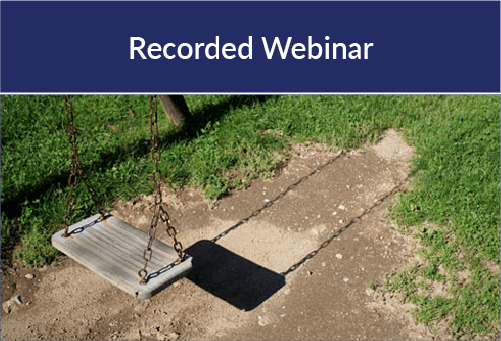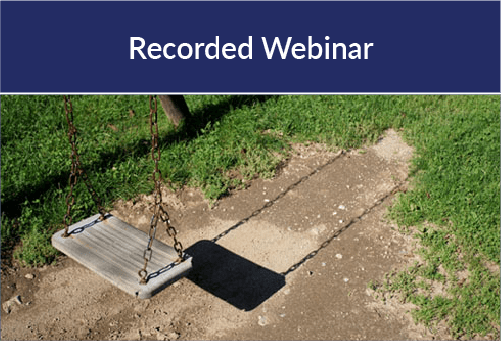


View this webinar to learn about an important funding opportunity available for tribal communities – the Bureau of Justice Assistance’s (BJA) FY 2023 Comprehensive Opioid, Stimulant, and Substance Use Program (COSSUP) Site-Based Solicitation. BJA is seeking applications to respond to illicit substance use and misuse to reduce overdose deaths, promote public safety, and support access to treatment and recovery services in the criminal justice system, and strongly encourages tribal communities to consider applying under Category 1c. Additional available relevant funding opportunities for tribal communities are also reviewed.

Learn more about restorative justice and practice pathways for your community during this three-part webinar series. Join us for the entire series starting in November. Part 1 covers foundational information, Part 2 discusses the structural framework and (Part 3 - March 6, 2018) explores the application of methods. Details of each session in the Learn More section.

Sextortion refers to the broad category of sexual exploitation in which abuse of power is the means of coercion and can be coupled with the threatened release of sexual images or information. Because the method of coercion is usually non-physical these cases are sometimes thought of as less egregious than cases with hands-on offenses.

Watch the June 12, 2024 Webinar | The role of practitioners in the criminal justice system is rapidly changing from enforcer or resource broker to facilitator of behavior change. Cognitive behavioral skill building is an evidence-based practice for changing difficult and entrenched behaviors including antisocial thinking, addiction, and impulsivity. This webinar walks participants through steps to developing cognitive behavioral skills in regular and on-going conversations with clients.

Through this second webinar of a 2-part webinar series on "Cultural Considerations when Working within Indian Country," you will gain a better understanding of tribal jurisdictions and its impact on investigations in Indian Country. Join us to examine the history of tribal communities' and how cultural values can impact interactions when working with victims of exploitation. Review best practices to recognize, identify and assist high-risk children living on tribal lands.

This webinar explores the integration of the Risk-Need-Responsivity (RNR) model and the Good Lives Model (GLM) in criminal justice decision-making. Participants will learn how these frameworks complement each other to create a holistic approach to behavior change. The webinar covers the principles of RNR and GLM, their application in practice, and strategies for combining these models to enhance decision-making and promote positive outcomes for clients.

Examine resources that are crucial to implement during a missing child incident. Hear about the importance of accumulating these resources before a call comes in for a missing or abducted child. This webinar will be interactive and allow those attending to share their resources with other participants. The successful recovery of a missing or abducted child is dependent on organization and team work. Understand at the end of this webinar, how important a Child Abduction Response Team is in these high priority, time sensitive cases.

Previous webinars have laid the foundation regarding the impact of addiction on the brain. Join us to go the next level and explore what can be done to support tribal members’ journeys out of addiction. During the webinar, we will emphasize skills and research-based methodologies of healing the brain and preventing relapse.

This webinar is designed for professionals seeking to deepen their understanding and enhance their skills in assisting victims in particularly challenging cases. Participants will learn to comprehensively assess the impact of trauma, implement advanced trauma-informed approaches, and utilize sophisticated treatment options and resources. By the end of this webinar, attendees will be equipped with practical tools and insights necessary for effective and empathetic victim assistance.

Crimes are rarely solved within the first 24 hours, but those first hours after the crime is discovered are critical for law enforcement. While nothing can replace a skilled investigator, various technologies can assist in providing significant leads. Instead of treating technology as an afterthought, this webinar will discuss digital identifiers that can help you during your investigations. During this webinar, we will share victim-based, suspect-based, and location-based ways of finding evidence to include innovative ways of seeing a crime scene through different technologies. This is a part 1 of 2 webinars. Though it is recommended, you do not need to attend part 1 to attend part 2. Remember, even though your suspect's device did not "connect" to anything, it likely did leave a trail on the victim's device, nearby routers, or may have been collected by tech companies. No high-tech background is needed!
